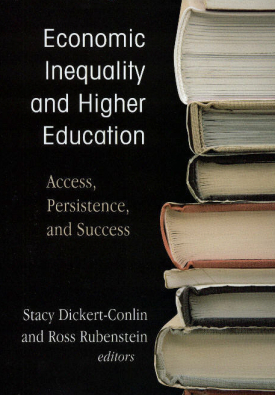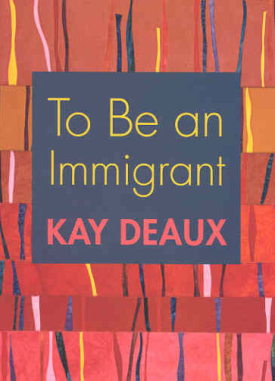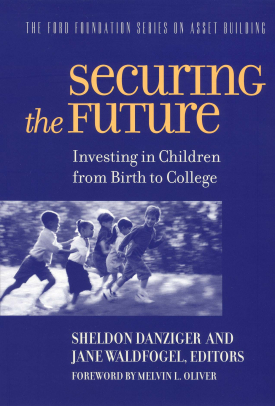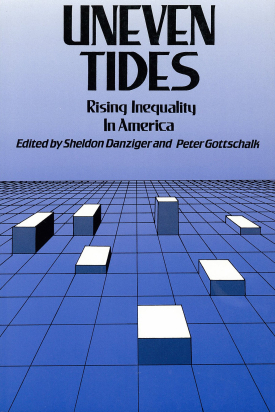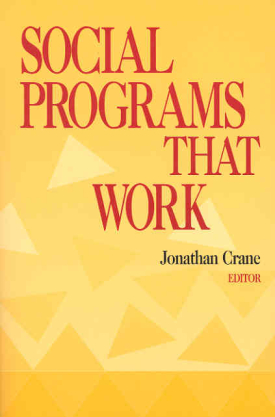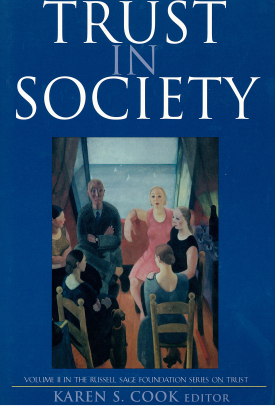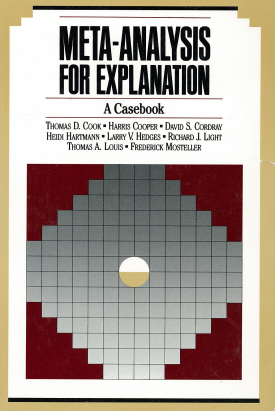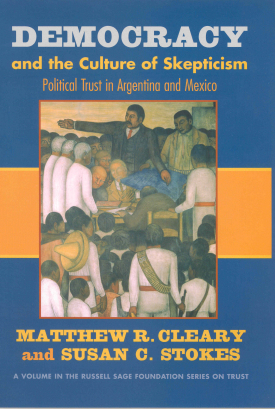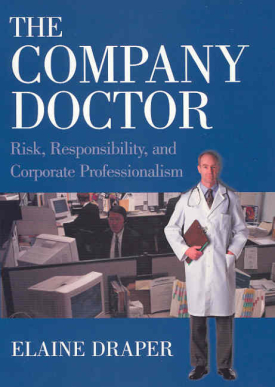
The Company Doctor
About This Book
To limit the skyrocketing costs of their employees' health insurance, companies such as Dow, Chevron, and IBM, as well as many large HMOs, have increasingly hired physicians to supervise the medical care they provide. As Elaine Draper argues in The Company Doctor, company doctors are bound by two conflicting ideals: serving the medical needs of their patients while protecting the company's bottom line. Draper analyzes the advent of the corporate physician both as an independent phenomenon, and as an index of contemporary culture, reaching startling conclusions about the intersection of corporate culture with professional autonomy.
Drawing on over 100 interviews with company physicians, scientists, and government and labor officials, as well as historical, legal, and statistical sources and medical trade association data, Draper presents an illuminating overview of the social context and meaning of professional work in corporations. Draper finds that while medical journals, speeches, and ethical codes proclaim the independent professional judgment of corporate physicians, the company doctors she interviewed often expressed anguish over the tightrope they must walk between their patients' health and the corporate oversight they face at every turn. Draper dissects the complex position occupied by company doctors to explore broad themes of doctor-patient trust, employee loyalty, privacy issues, and the future direction of medicine. She addresses such controversial topics as drug screening and the difficult position of company doctors when employees sue companies for health hazards in the workplace.
Company doctors are but one example of professionals who have at times ceded their autonomy to corporate management. Physicians provide the prototypical professional case for exploring this phenomenon, due to their traditional independence, extensive training, and high levels of prestige. But Draper expands the scope of the book—tracing parallel developments in the law, science, and technology—to draw insightful conclusions about changing conditions in the professional workplace, as corporate cultures everywhere adapt to the new realities of the global economy. The Company Doctor provides a compelling examination of the corporatization of American medicine with far-reaching implications for professionals in many other fields.
ELAINE DRAPER is a visiting scholar at the Institute for the Study of Social Change, University of California, Berkeley, and assistant professor of sociology at California State University, Los Angeles.

